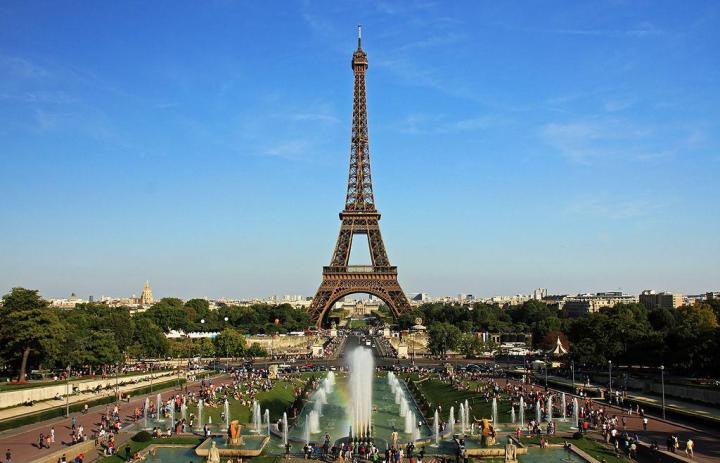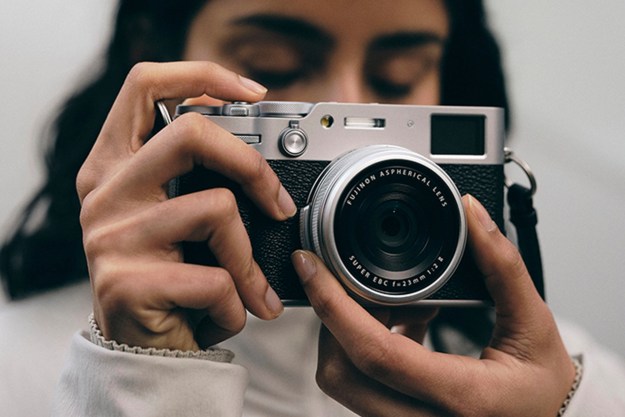
Although the Eiffel Tower was built in 1889, placing it in the public domain by virtue of its age, the light show was added to the tower later and is subject to copyright laws. As such, it’s technically illegal to share pictures of the tower’s light show on Facebook, Instagram, Flickr, and other platforms, even if it’s your own, original photo. The same rules apply for other famous landmarks in Italy, Belgium, and France. The Atomium in Belgium, for example, is also protected under copyright.
“Daytime views from the Eiffel Tower are rights-free. However, its various illuminations are subject to author’s rights as well as brand rights,” the Société explained in a post on its website. “Usage of these images is subject to prior request from the Société d’Exploitation de la Tour Eiffel.”
Day time views are still perfectly legal, though, so tourists can post shots of the Eiffel Tower sans light show anywhere they wish. Of course, the law is hard to enforce, especially given the sheer number of tourists who flock to Paris each year — most of whom snap a shot or two of the stunning tower by day and by night.
Luckily, most European countries do not place copyrights on public landmarks, because the European Union’s Information Society Directive forbids them to do so.


